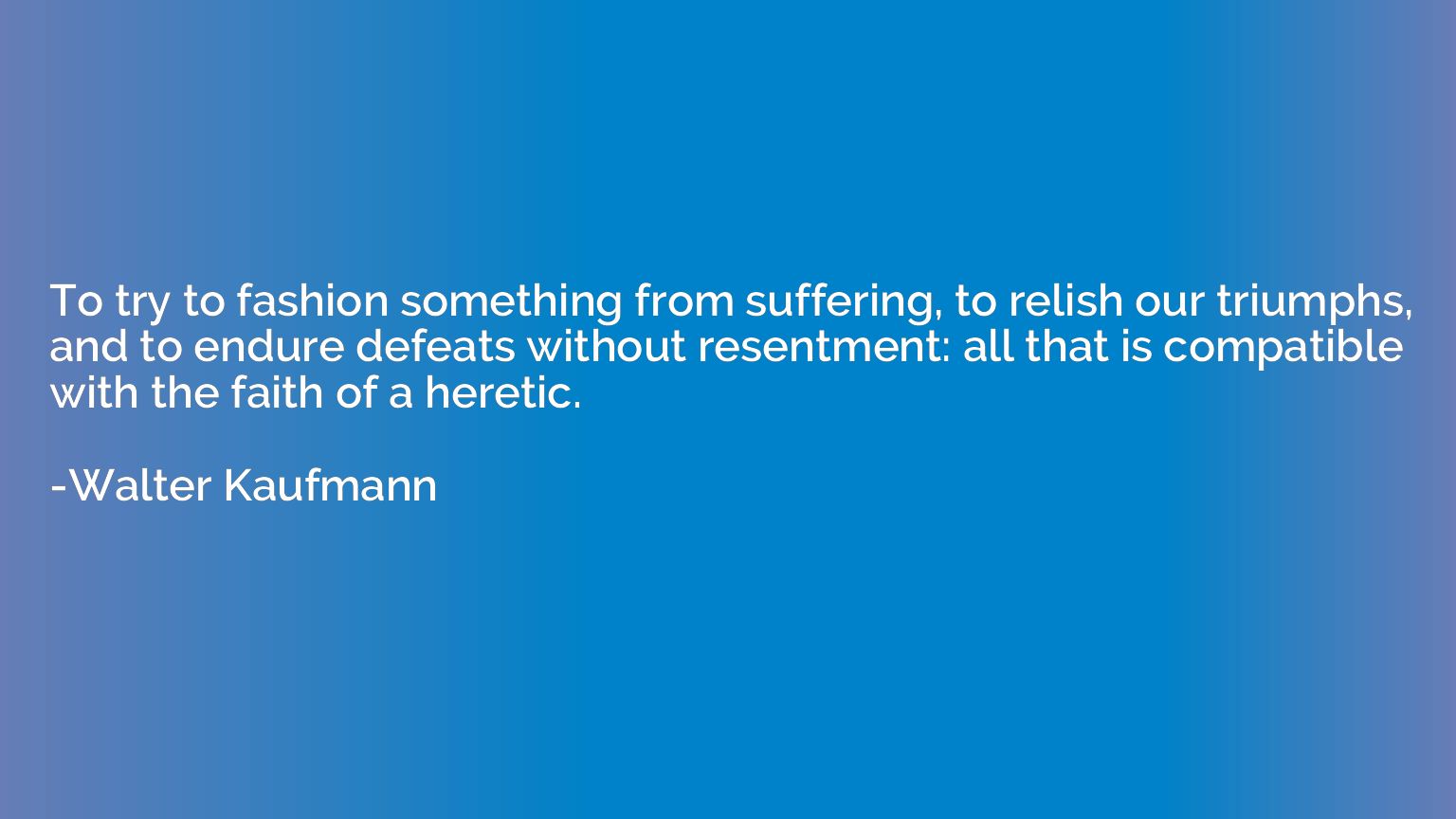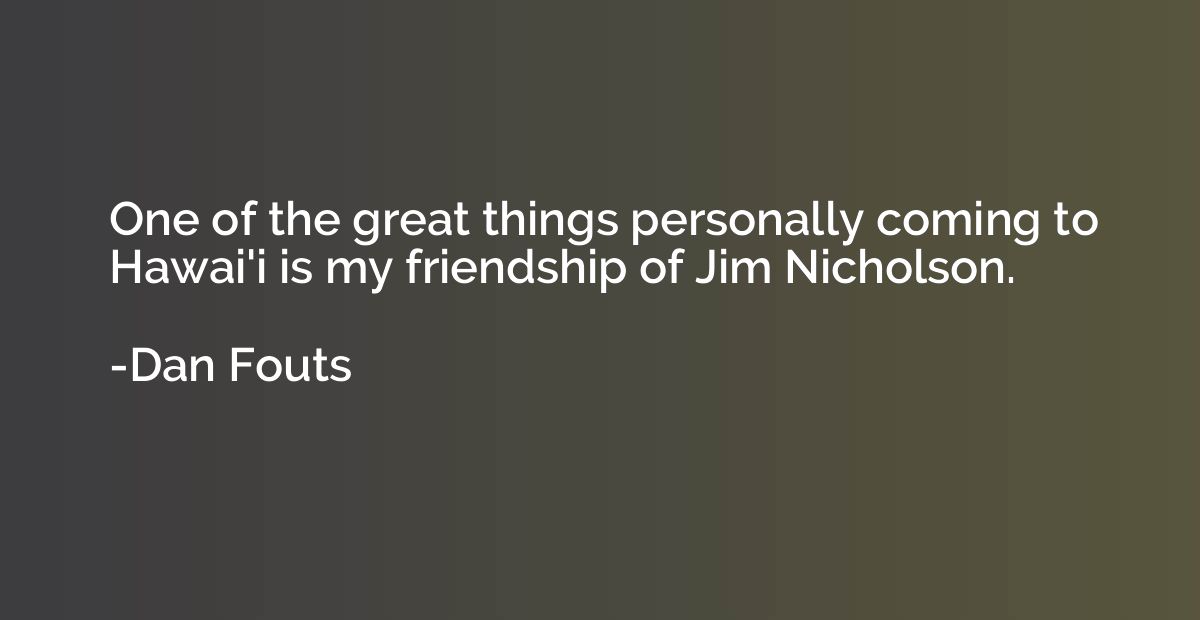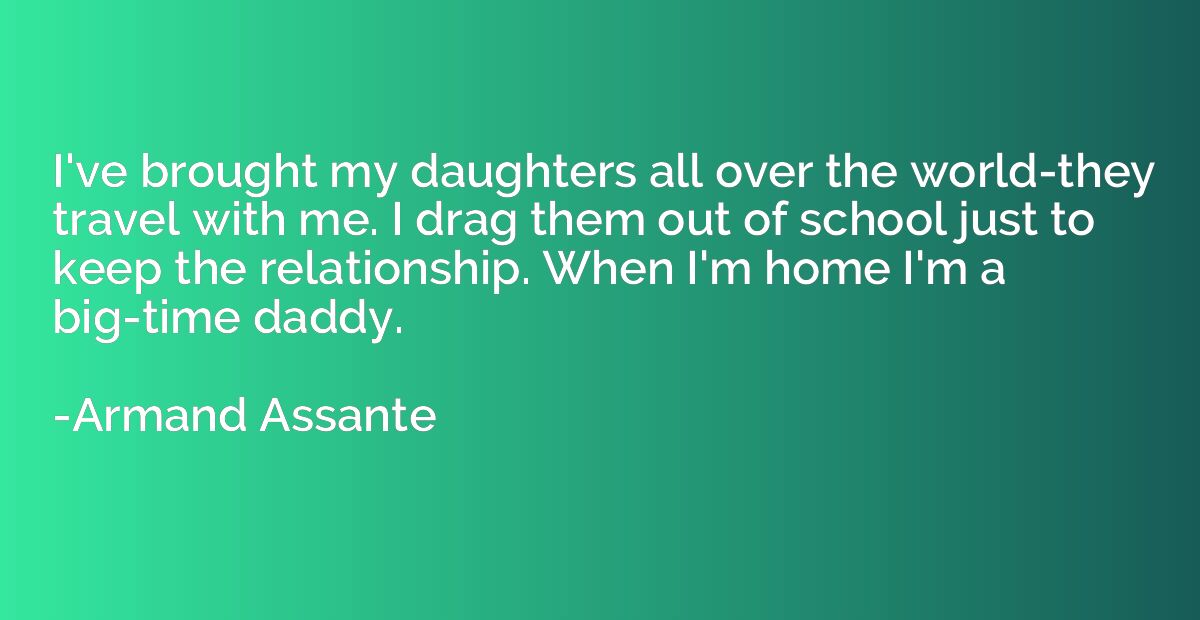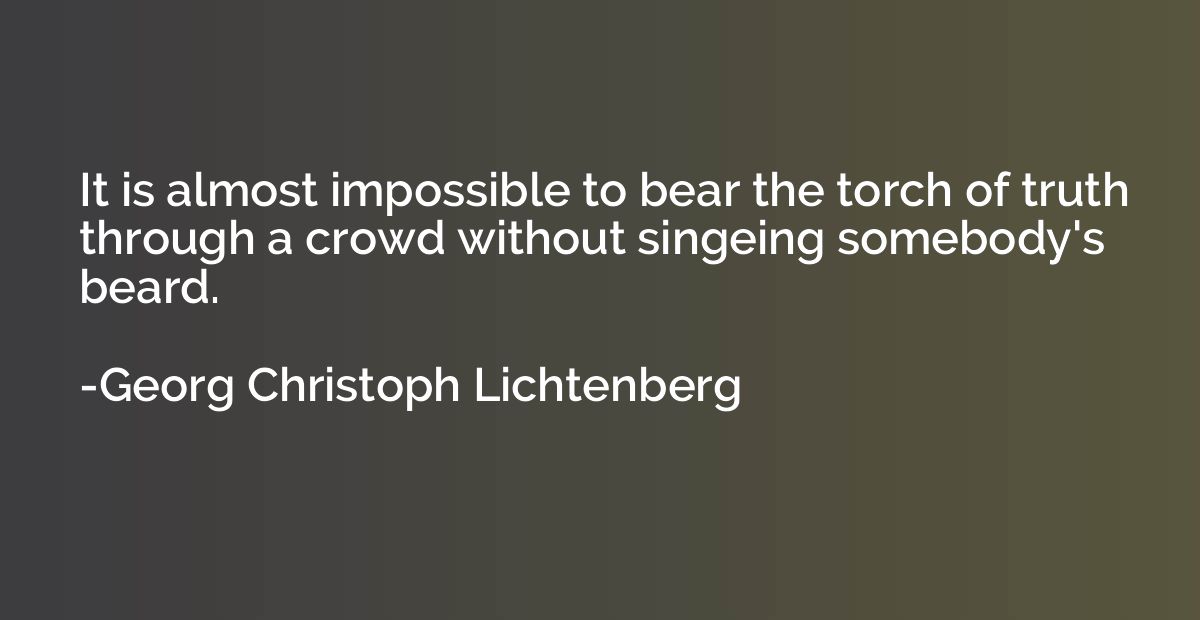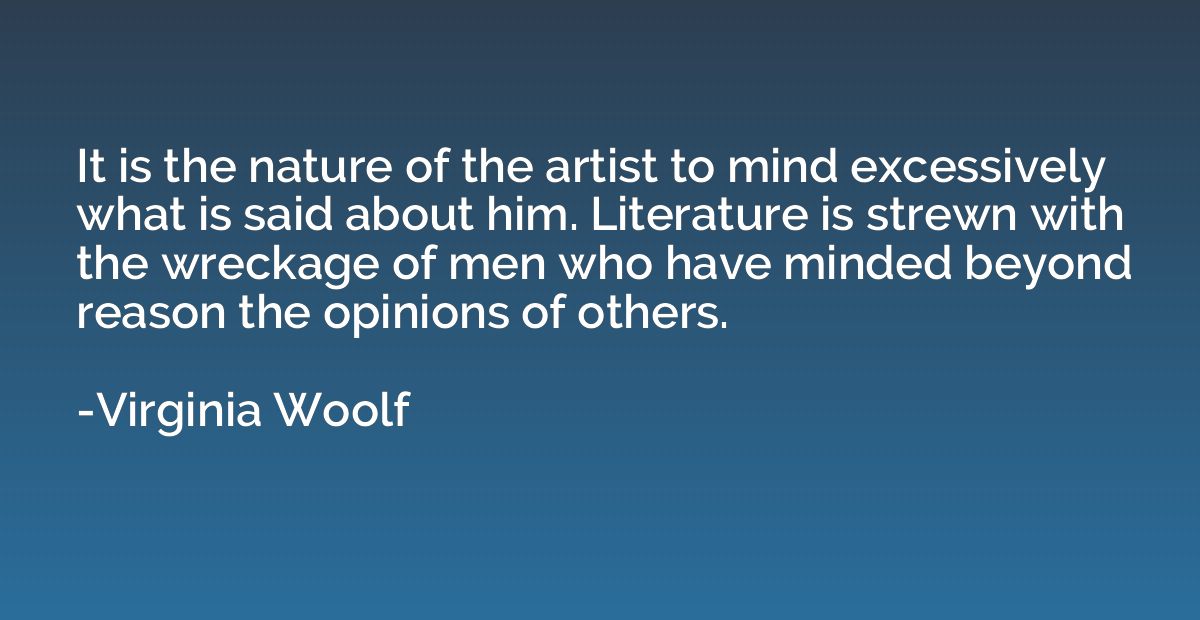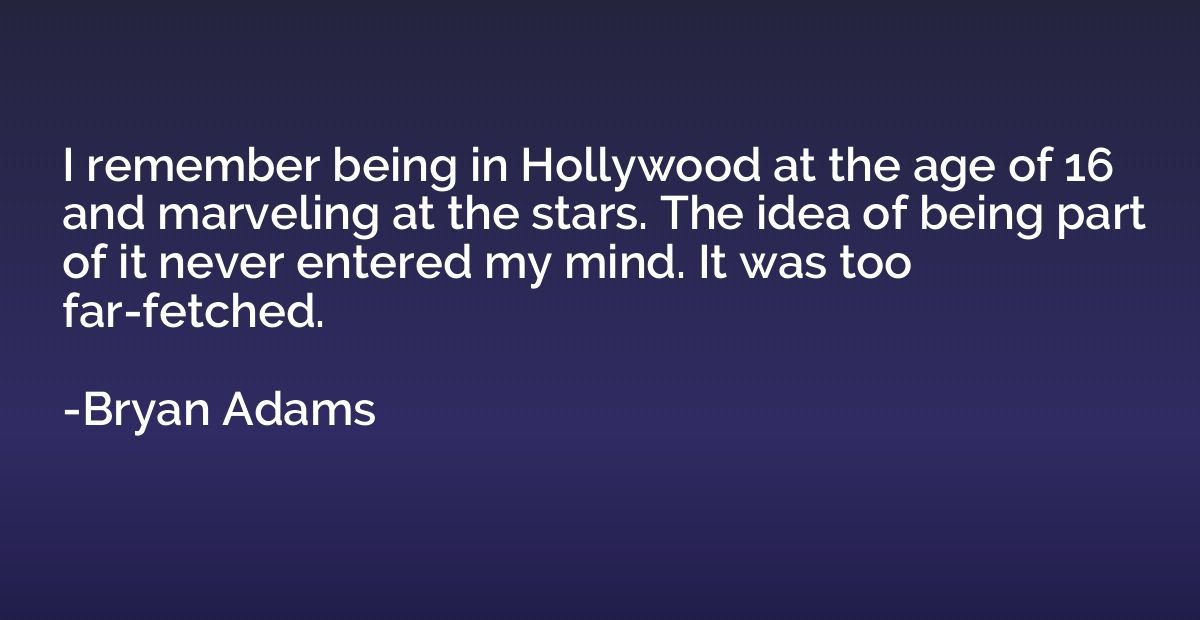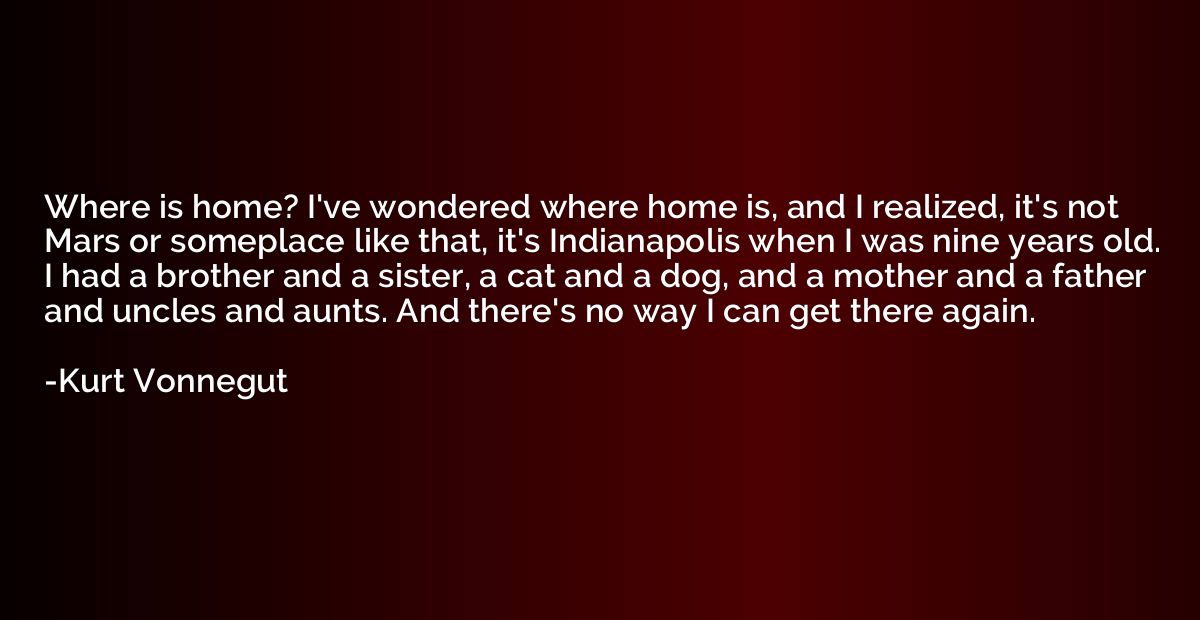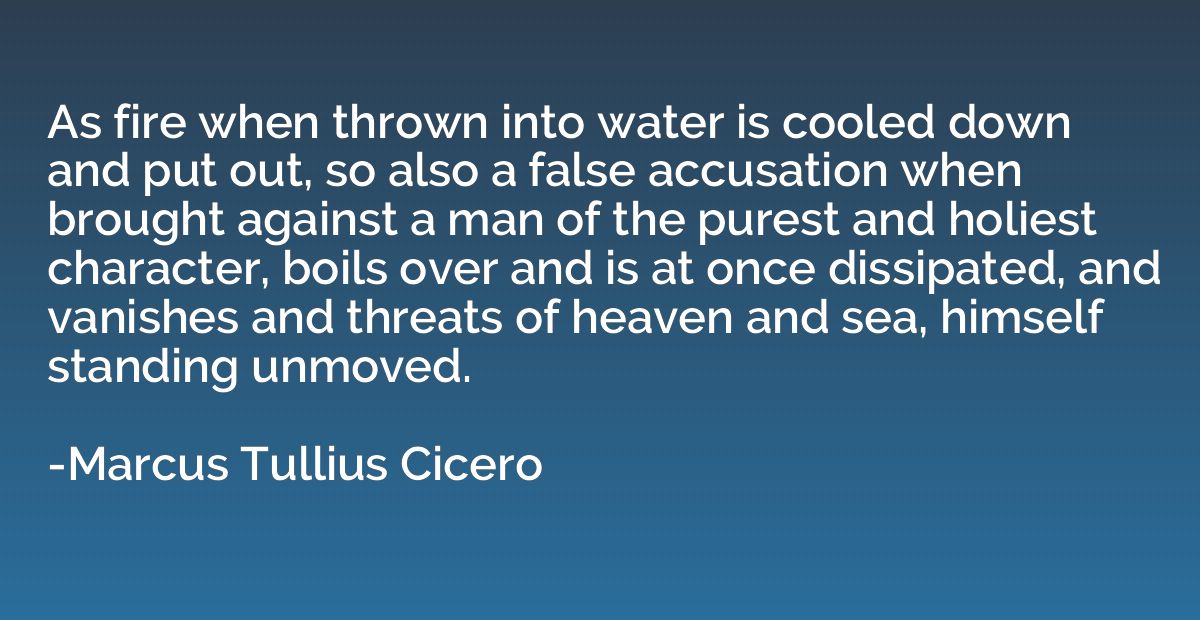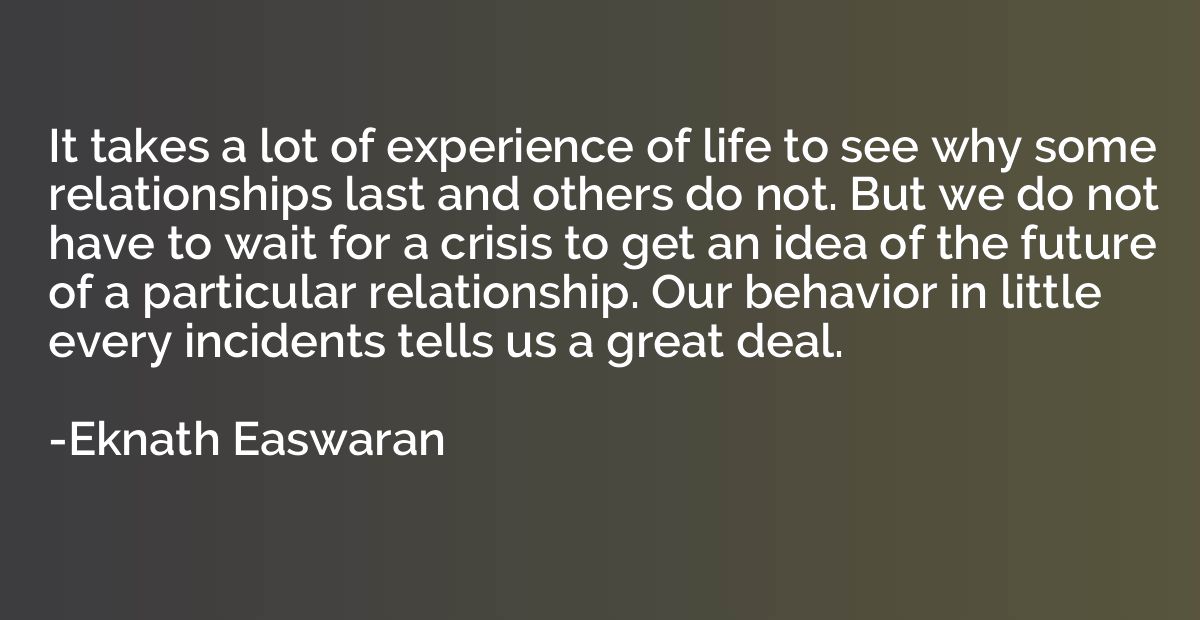Quote by Elias Canetti
The self-explorer, whether he wants to or not, becomes the explorer of everything else. He learns to see himself, but suddenly, provided he was honest, all the rest appears, and it is as rich as he was, and, as a final crowning, richer.
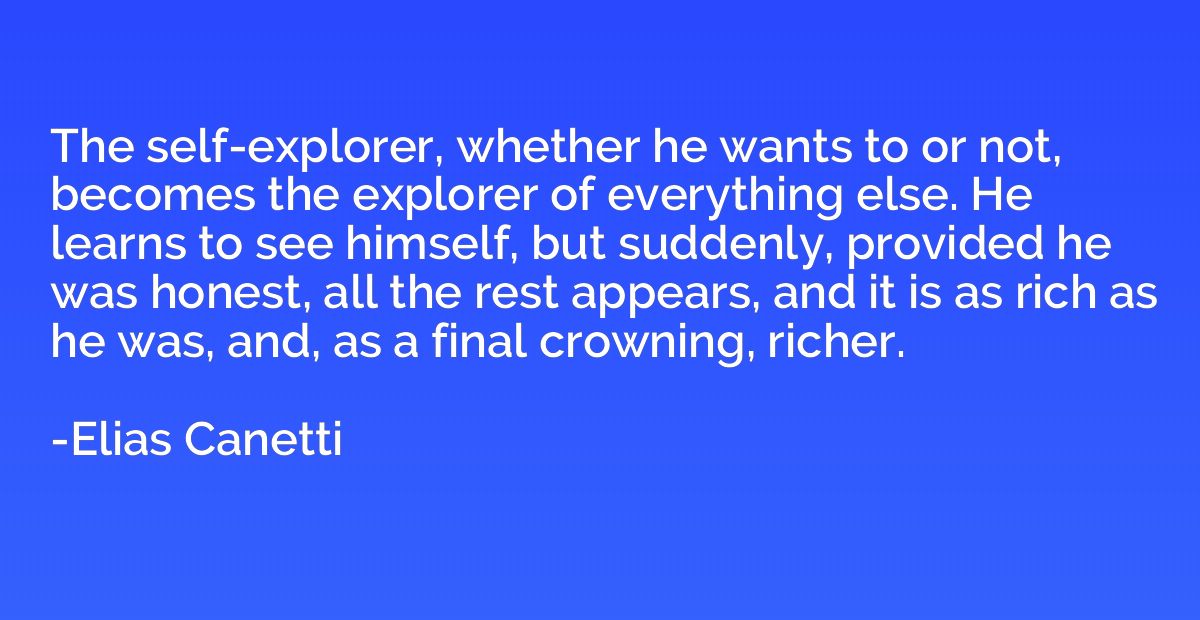
Summary
This quote suggests that when a person embarks on a journey of self-exploration, they unintentionally become explorers of the world around them. Through self-reflection and honesty, they gain a deeper understanding of themselves. Simultaneously, they gain a newfound appreciation for the richness and complexity of everything else in life. This quote implies that self-exploration not only enriches one's understanding of oneself but also enhances their perception and appreciation of the broader world.



